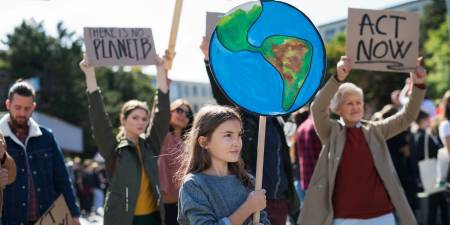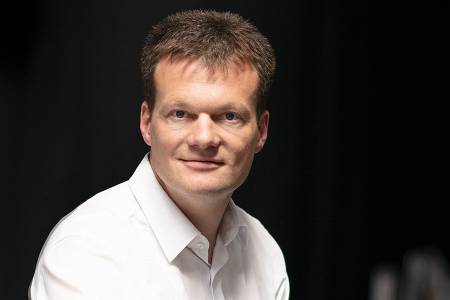What climate change factors concern you the most?
This all depends on your perspective: from a Swiss point of view, it’s the rising number of heat waves, heavy rainfall and dry summers, the decrease in snowfall and the melting of glaciers. If we look at the global impact, then it’s the rise in sea levels and the melting of vast parts of Greenland and Antarctica. If I then interpret “Climate change factors” more broadly, we’re looking at the inability of society and politics to respond to these factors and take them seriously, and to act accordingly. We know so much, and yet we’re still doing almost nothing. Or, to put it another way: transforming what we know into actions is easier said than done.


